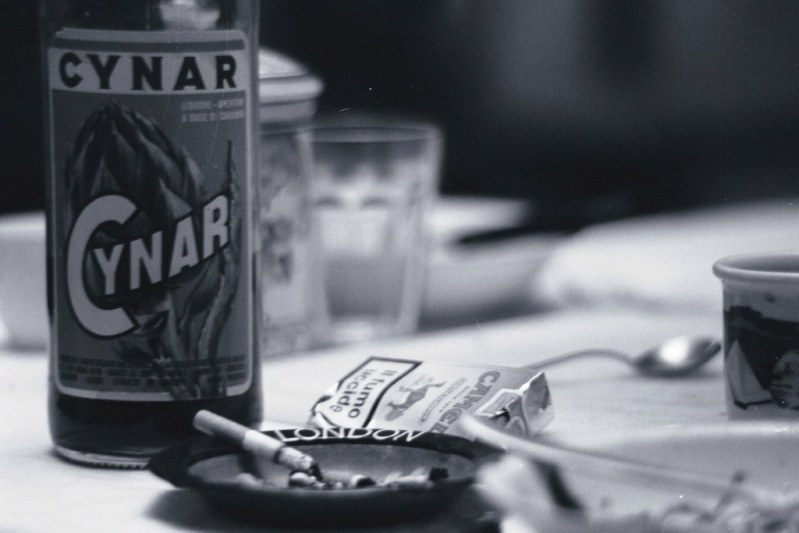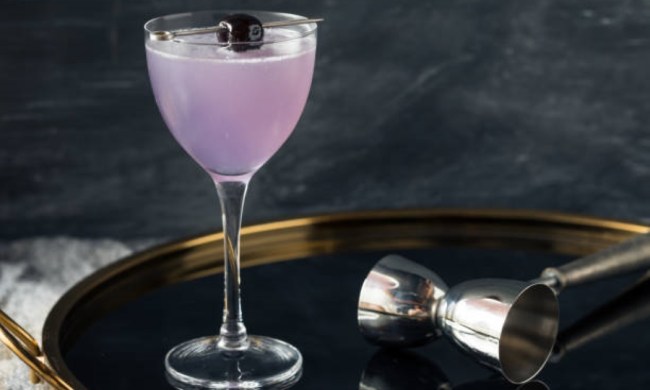
The last drink of the night should be bittersweet.
You’ve dined, you’ve danced, and you’ve drunk a little more than your share of whatever was pouring. It’s getting late, and it’s time to loosen your tie and decide on a final sip before you catch a cab home. But what do you drink before the lights come up?
You want something you won’t regret in the morning, so anything bubbly or boozy is probably a bad choice. Beer is too heavy, straight booze is too aggressive, and you’ve already had three Negroni cocktails. The ideal nightcap is a bittersweet sipper that’ll settle your stomach and your nerves before bed, and the Little Giuseppe is just the thing.
The Man, The Drink, The Legend
The Little Giuseppe (also known as the Bitter Giuseppe) was first concocted by mixologist Stephen Cole at Chicago’s esteemed cocktail destination the Violet Hour, and has since taken its place in the pantheon of modern classics alongside the Penicillin cocktail and the Paper Plane. The drink’s five ingredients look a little bizarre on paper, but they play great together in the glass, and hit all the flavor bases–bitter, sweet, salty, and sour.
This evening-ender begins with a healthy dose of Cynar, a dark Italian aperitif distilled from artichokes that is both intensely sweet and bracingly bitter. A measure of vermouth keeps the Cynar’s intensity in check, and a dash of lemon juice brightens things up. Orange bitters — more than you might think — help temper the drink’s sweetness, and a pinch of salt adds a briny complexity to what might be the perfect sip to end anyone’s night. Sounds weird, right?
A popular explanation for the drink’s strange-sounding combination of ingredients was arrived at during a game of bartender telephone — basically, a bartender picked an ingredient and passed it along to another, who chose a second ingredient, and the game continued until the drink was complete. And while it’s verifiably untrue (Mr. Cole came up with the whole thing all by himself), it’s a fun explanation for the drink’s wacky-sounding flavor combination.
But don’t let the weirdness fool you. The Little Giuseppe is one of those drinks that defies its own description and just works. And it isn’t as bizarre as it sounds — the spirit/vermouth/bitters formula is prevalent across the cocktail canon, and this boils down to a gussied-up Manhattan variation.
The Little Giuseppe
Now that you’ve got the theory, the next step is to stock your home bar and make one for yourself. Another thing that makes the Little Giuseppe such a perfect way to end the night is its simplicity — no fancy techniques or expensive equipment: you can build it right in the glass you’ve been drinking out of.
Ingredients:
- 2 oz. Cynar
- 1 oz. Sweet Vermouth (Carpano Antica or Punt e Mes are great options)
- 1 bar spoon freshly squeezed lemon juice
- 6 dashes Orange Bitters
- pinch salt
Method:
- Combine Cynar, vermouth, lemon juice, and orange bitters in a glass
- Add ice (preferably one large ice cube) and stir briefly to chill
- Finish with a pinch of salt on top of the ice cube



